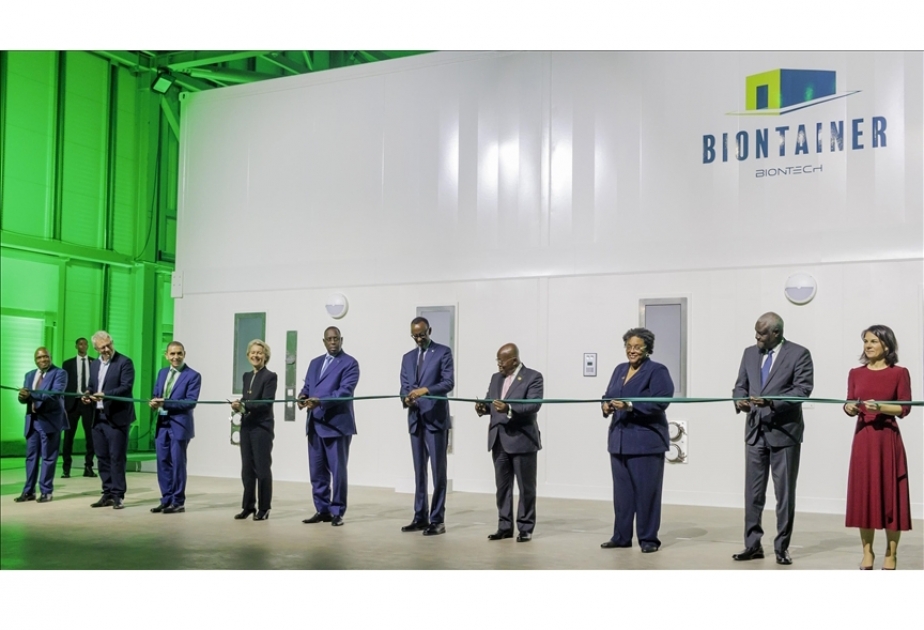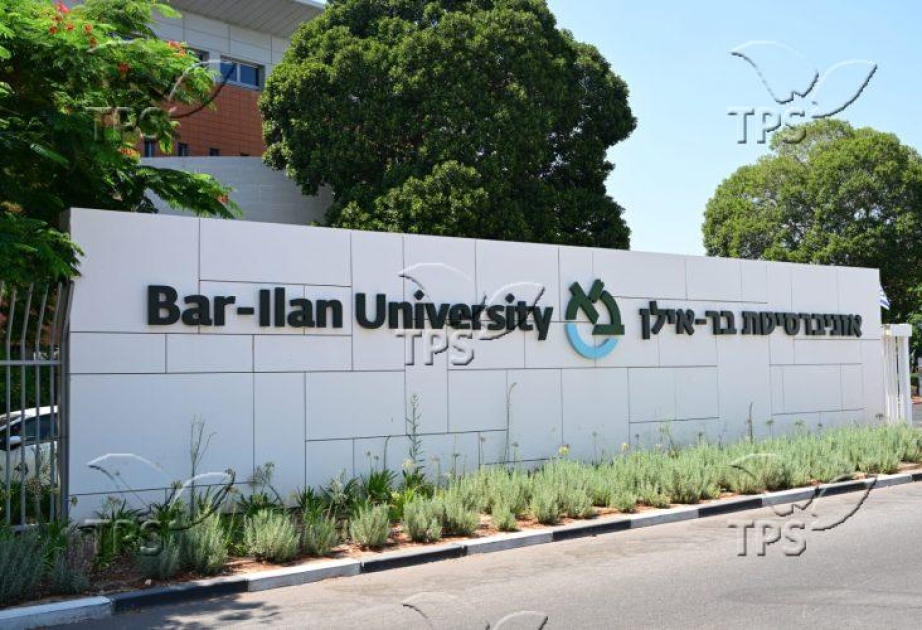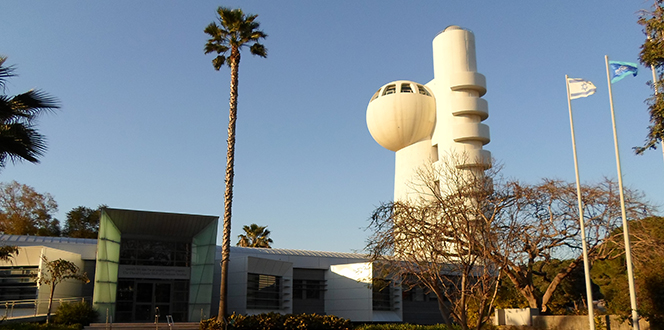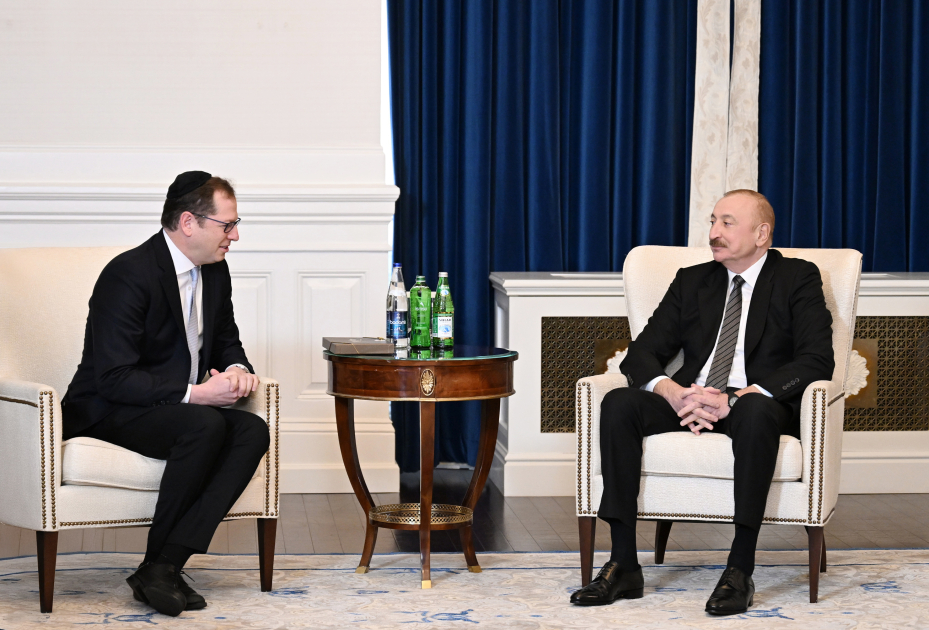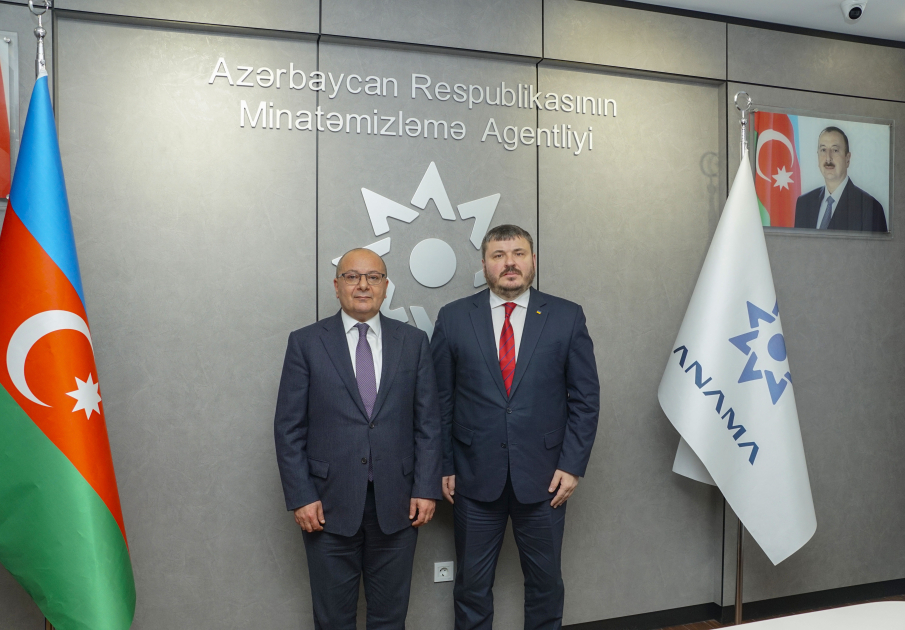BioNTech inaugurated its first manufacturing site on Monday for mRNA-based vaccines in Africa in the Rwandan capital Kigali, which could ensure vaccine equity on the continent, according to Anadolu Agency.
The manufacturing facility, whose construction started in 2022, will be based on BioNTainers -- exact replications of the BioNTech factory in Germany.
In 2021, the leading German biotechnology company signed deals with Rwanda and the Senegalese Institut Pasteur de Dakar to set up manufacturing sites on the continent.
“We are committed to building a sustainable mRNA vaccine ecosystem in Africa, focusing on the development of mRNA vaccines against infectious diseases with high medical needs and forging high-end technology solutions for local manufacturing,” said Ugur Sahin, the chief executive and co-founder of BioNTech.
Beginning next year, the facility could initially manufacture up to 50 million doses annually of a product that has an RNA process similar to that of the Pfizer-BioNTech COVID-19 vaccine.
BioNTech said it is on course to develop prophylactic mRNA vaccines targeting infectious diseases such as tuberculosis, malaria and HIV and is also focusing on diseases with epidemic and pandemic potential, including mpox.
It indicated that a clinical Phase 1 trial for the company’s tuberculosis vaccine program BNT164 is already in clinical evaluation in four trial centers in South Africa while its malaria vaccine candidates are currently being evaluated in a Phase 1 clinical trial in the US.
Africa imports 70% of its medicines and produces only 1% of its vaccines, according to data from the African Development Bank.
Rwanda's President Paul Kagame described the launch as a milestone for the continent in its bid to achieve vaccine equity.
He also recalled that initially the consensus was that mRNA vaccines could not even be administered in Africa, with claims that it is too complicated for Africa’s health systems.
“When we embarked on this journey to manufacture these vaccines on our continent, we were told that it would take a minimum of 30 years. That was all wrong. It is possible. And because it is possible, it is also necessary,” he said.
Moussa Faki Mahamat, the chairperson of the African Union Commission, said the facility’s launch is in line with the continent’s long-term health agenda and commitment to increasing the accessibility of vaccines and other medicines to all Africans.
“We believe this facility will contribute to our collective vision of a self-reliant Africa. Creating a high-quality regulatory environment and ensuring vaccine independence is key to our future capacity to prepare, respond and better recover from pandemics,” he said.
“Working together to promote vaccine equity for Africa remains a priority.”
BioNTech earmarked roughly $150 million to complete the construction of the Rwandan site, including the manufacturing units.
Senegal’s President Macky Sall said the ceremony was “historic for the continent and one of the best answers Africa is giving to the present and future” in the aftermath of the COVID-19 pandemic.


